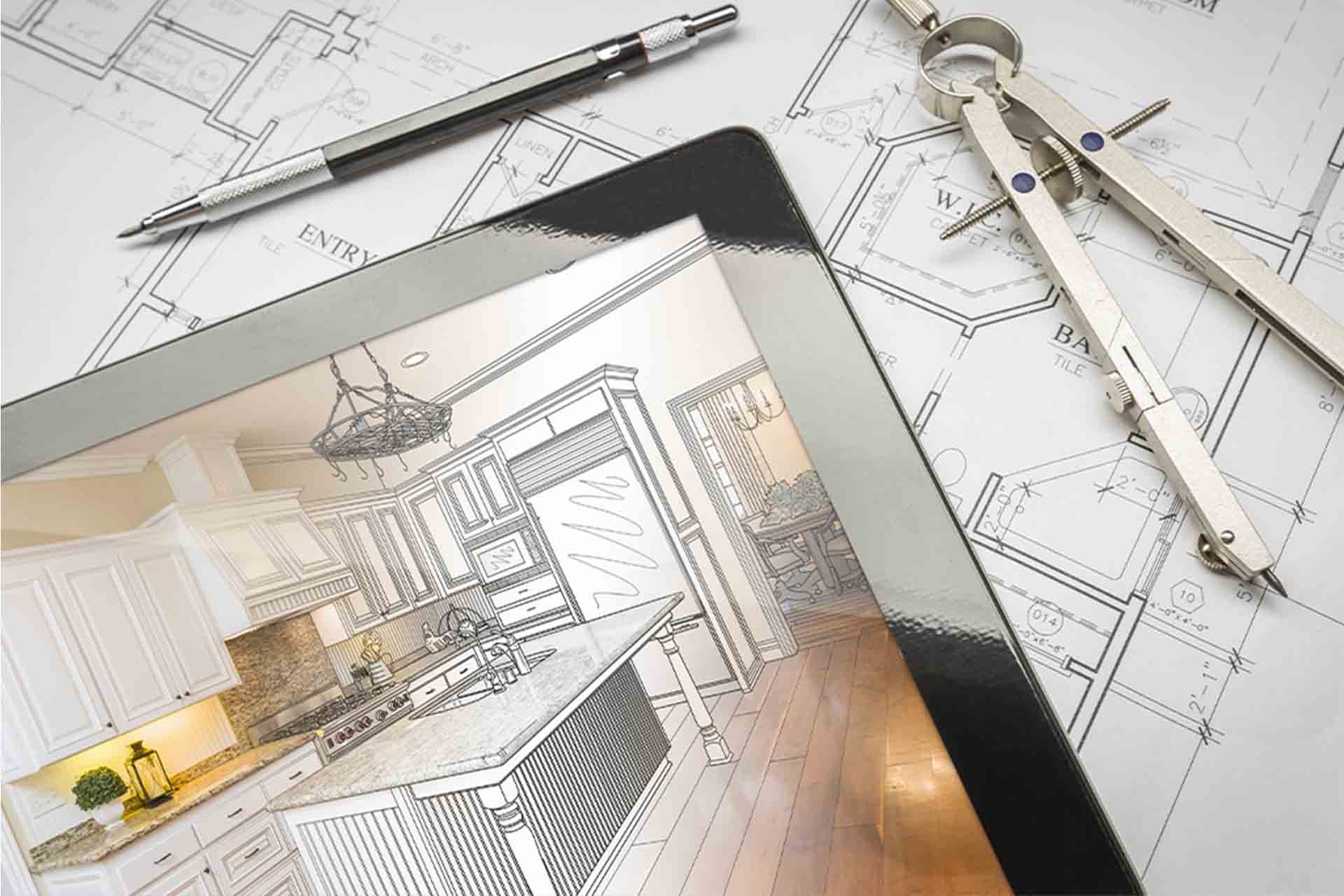
Budgeting for Whole House Renovation: Key Considerations
Assessing Your Needs and Priorities
Before diving into the budgeting process for a whole house renovation, it’s essential to assess your needs and priorities. Take the time to evaluate which areas of your home require the most attention and determine your renovation goals. Whether you’re focusing on updating outdated features, improving functionality, or enhancing aesthetics, understanding your priorities will help guide your budgeting decisions.
Setting a Realistic Budget
Once you’ve identified your renovation priorities, it’s time to set a realistic budget for the project. Consider factors such as the size and scope of the renovation, as well as your financial resources and limitations. Research the average costs of similar renovation projects in your area to get a better idea of what to expect. Be sure to account for unexpected expenses and budgeting contingencies to avoid overspending.
Understanding Costs and Expenses
A crucial aspect of budgeting for a whole house renovation is understanding the costs and expenses involved. Break down the project into individual components, such as materials, labor, permits, and fees, to get a comprehensive overview of the expenses. Consider seeking estimates from contractors or professionals to ensure accuracy in your budget calculations. Additionally, factor in any additional costs for temporary housing or storage if needed during the renovation process.
Prioritizing Projects and Phases
If you’re working with a limited budget, prioritize your renovation projects and consider completing them in phases. Focus on essential upgrades and renovations first, such as structural repairs or addressing safety concerns. Then, tackle cosmetic upgrades and aesthetic improvements as your budget allows. By prioritizing projects and phasing the renovation process, you can ensure that you’re making the most of your available funds while still achieving your desired results.
Allocating Funds Wisely
Once you’ve established a budget and prioritized your renovation projects, it’s crucial to allocate your funds wisely. Allocate a portion of your budget for each aspect of the renovation, including materials, labor, permits, and unexpected expenses. Be prepared to adjust your budget as needed throughout the renovation process, especially if unforeseen issues arise or if your priorities change.
Researching Financing Options
If you’re unable to cover the costs of your whole house renovation upfront, researching financing options can help make your project more manageable. Explore options such as home equity loans, lines of credit, or renovation-specific loans to finance your renovation project. Compare interest rates, terms, and repayment options to find the best financing solution for your needs and budget.
Obtaining Multiple Quotes
When hiring contractors or professionals for your whole house renovation, it’s essential to obtain multiple quotes to ensure you’re getting the best value for your money. Research reputable contractors in your area and request quotes from several different sources. Compare quotes carefully, taking into account factors such as experience, expertise, and overall cost. Don’t be afraid to negotiate with contractors to secure the best possible deal for your renovation project.
Planning for Contingencies
No matter how carefully you budget and plan for your whole house renovation, it’s essential to plan for contingencies. Unexpected issues, delays, or changes to the scope of the project can arise, requiring additional funds or adjustments to your budget. Build a contingency fund into your budget to account for these unforeseen circumstances, ideally around 10-20% of your total renovation budget, to ensure you’re prepared for any eventuality.
Monitoring Costs and Progress
Throughout the renovation process, it’s crucial to monitor costs and progress closely to ensure that your project stays on track and within budget. Keep detailed records of all expenses, payments, and receipts, and regularly review your budget to track spending and identify any areas where adjustments may be needed. Communicate openly with your contractors or professionals to address any concerns or issues promptly and avoid cost overruns.
Staying Flexible and Adaptable
Finally, it’s essential to stay flexible and adaptable throughout the whole house renovation process. Be prepared to make adjustments to your budget and plans as needed, especially if unexpected challenges arise. Remember that renovations can be unpredictable, and flexibility is key to successfully navigating the process. By staying open-minded and adaptable, you can ensure that your renovation project stays on track and achieves your desired results within your budget constraints. Read more about cost to remodel entire house










